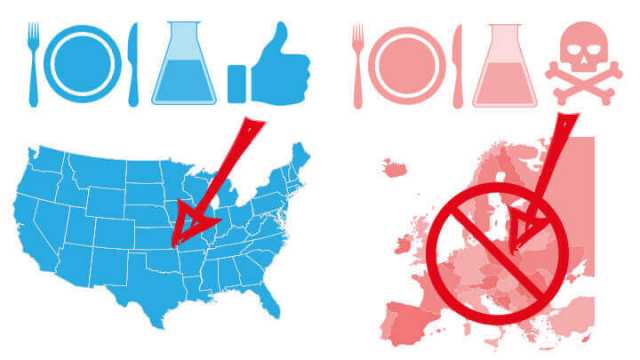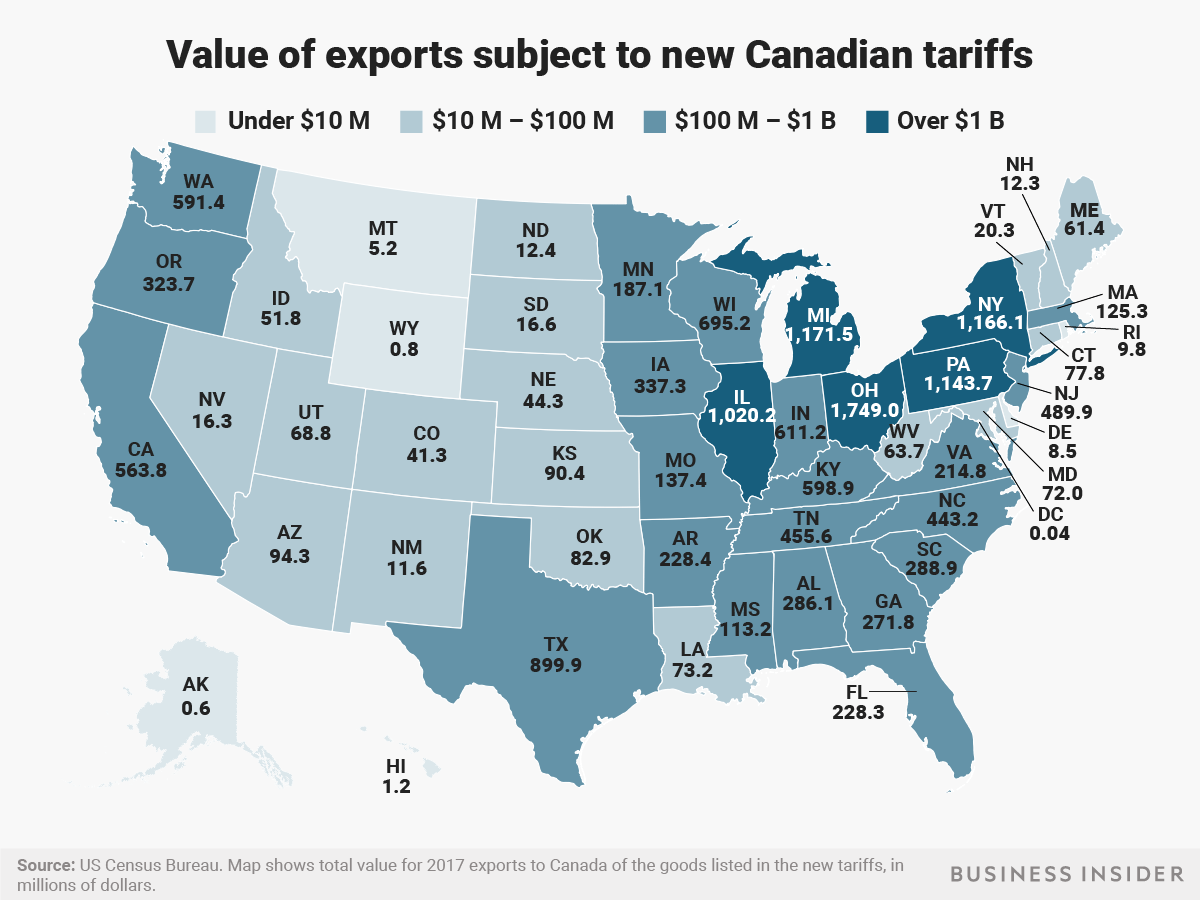Legal Battle: EBay, Section 230, And The Sale Of Banned Chemicals

Table of Contents
Understanding the Legal Battle
The Plaintiffs' Claims
Plaintiffs suing eBay allege significant harm resulting from the sale of banned chemicals on the platform. These claims typically involve personal injury, property damage, or environmental contamination caused by the misuse of these substances. The lawsuits cite specific examples of banned chemicals, including certain pesticides, precursors to explosives, and other hazardous materials. Many of these cases are consolidated into class-action lawsuits, seeking compensation for a large number of affected individuals.
- Specific allegations of harm: Injuries from pesticide exposure, environmental damage from illegal chemical dumping, and property damage from explosions caused by illegally obtained precursor chemicals.
- Examples of banned chemicals: Specific pesticides banned by the EPA, chemicals listed under the Chemical Weapons Convention, and precursors used in the manufacture of improvised explosive devices.
- Legal grounds for the lawsuits: Negligence, strict product liability, failure to warn, and violations of various environmental protection laws.
eBay's Defense and Section 230
eBay’s primary defense hinges on Section 230 of the Communications Decency Act, a law that generally protects online platforms from liability for content posted by their users. In simple terms, Section 230 states that internet service providers and platforms are not treated as publishers of user-generated content. eBay argues that it is merely a platform hosting third-party sellers and is not directly responsible for the actions of those sellers. A court ruling against eBay's application of Section 230 could significantly limit the protections afforded to online marketplaces and fundamentally reshape the internet landscape.
- Explanation of Section 230: Section 230 protects online platforms from being held liable for content posted by users, provided they act in good faith to moderate harmful content.
- eBay's argument: eBay highlights its proactive measures to identify and remove listings of banned chemicals, including sophisticated monitoring systems and user reporting mechanisms.
- Potential consequences of a court decision: A ruling against eBay could lead to increased litigation against online platforms, potentially forcing them to implement stricter monitoring and potentially chilling free speech on the internet.
The Role of Third-Party Sellers
eBay's Platform Model and Responsibility
The challenge of regulating millions of third-party sellers on a massive platform like eBay is immense. Balancing platform responsibility with individual seller accountability is a delicate task. While eBay has policies prohibiting the sale of restricted items, enforcing those policies across such a vast marketplace presents considerable difficulties.
- Challenges of monitoring millions of listings: The sheer volume of listings makes manual review impractical, requiring the use of automated systems that are not always foolproof.
- eBay's policies regarding the sale of restricted items: eBay maintains a comprehensive list of prohibited and restricted items, regularly updated to reflect changes in regulations.
- The effectiveness of eBay's enforcement mechanisms: While eBay employs various strategies, including automated detection, user reporting, and seller verification, the effectiveness remains a subject of debate.
The Implications for Online Marketplaces
The outcome of this legal battle will have significant repercussions for other online marketplaces, including Amazon, Etsy, and countless smaller platforms. The precedent set could reshape how these platforms manage their responsibility for third-party seller activity.
- Potential changes to platform policies and enforcement strategies: Increased investment in monitoring technologies and stricter enforcement of existing policies are likely outcomes.
- Increased scrutiny of online marketplaces and their liability for third-party activity: Expect increased regulatory oversight and potential for stricter legislation.
- The impact on small businesses and individual sellers: Increased costs associated with stricter enforcement and potential liability concerns could disproportionately affect smaller sellers.
The Future of Section 230 and E-commerce
Potential Legislative Changes
The ongoing debate surrounding Section 230 reform is intrinsically linked to this legal battle. Arguments for reform often focus on holding online platforms more accountable for harmful content, while opponents emphasize the importance of Section 230 for protecting free speech and innovation.
- Arguments for and against Section 230 reform: Proponents argue for increased platform responsibility, while opponents warn of potential censorship and limitations on online expression.
- Potential legislative changes and their effects on online platforms: Changes could range from clarifying existing language to significantly altering the scope of Section 230’s protections.
- The implications for free speech and online commerce: The balance between platform accountability and free speech will be a central concern in any legislative changes.
Predicting the Outcome
Predicting the outcome of this complex legal battle is challenging. While eBay's reliance on Section 230 is a strong argument, the severity of the alleged harms caused by the sale of banned chemicals could sway the court's decision. The ultimate outcome will likely hinge on the court's interpretation of Section 230 and its assessment of eBay's efforts to prevent the sale of prohibited items.
Conclusion
The legal battle between eBay, Section 230, and the sale of banned chemicals has far-reaching implications for online marketplaces and the future of internet regulation. The outcome will define the extent of platform liability for third-party seller actions and potentially reshape Section 230 itself. This case highlights the complexities of balancing platform responsibility, free speech, and consumer protection in the digital age. Follow the eBay Section 230 legal battle closely to stay updated on the implications for e-commerce and the future of online safety. Learn more about the implications of this legal case for e-commerce and Section 230 to understand its broader impact.

Featured Posts
-
 Exploring The Future Of Evs Saudi Aramco And Byds New Venture
Apr 22, 2025
Exploring The Future Of Evs Saudi Aramco And Byds New Venture
Apr 22, 2025 -
 Investment Opportunities Mapping The Countrys New Business Hotspots
Apr 22, 2025
Investment Opportunities Mapping The Countrys New Business Hotspots
Apr 22, 2025 -
 Tik Tok Tariffs And Just Contact Us How Businesses Evade Trump Era Trade Restrictions
Apr 22, 2025
Tik Tok Tariffs And Just Contact Us How Businesses Evade Trump Era Trade Restrictions
Apr 22, 2025 -
 Controversial Decision Fsu To Resume Classes After Tragic Campus Shooting
Apr 22, 2025
Controversial Decision Fsu To Resume Classes After Tragic Campus Shooting
Apr 22, 2025 -
 Trumps Obamacare Defense A Supreme Court Showdown With Implications For Rfk Jr
Apr 22, 2025
Trumps Obamacare Defense A Supreme Court Showdown With Implications For Rfk Jr
Apr 22, 2025
